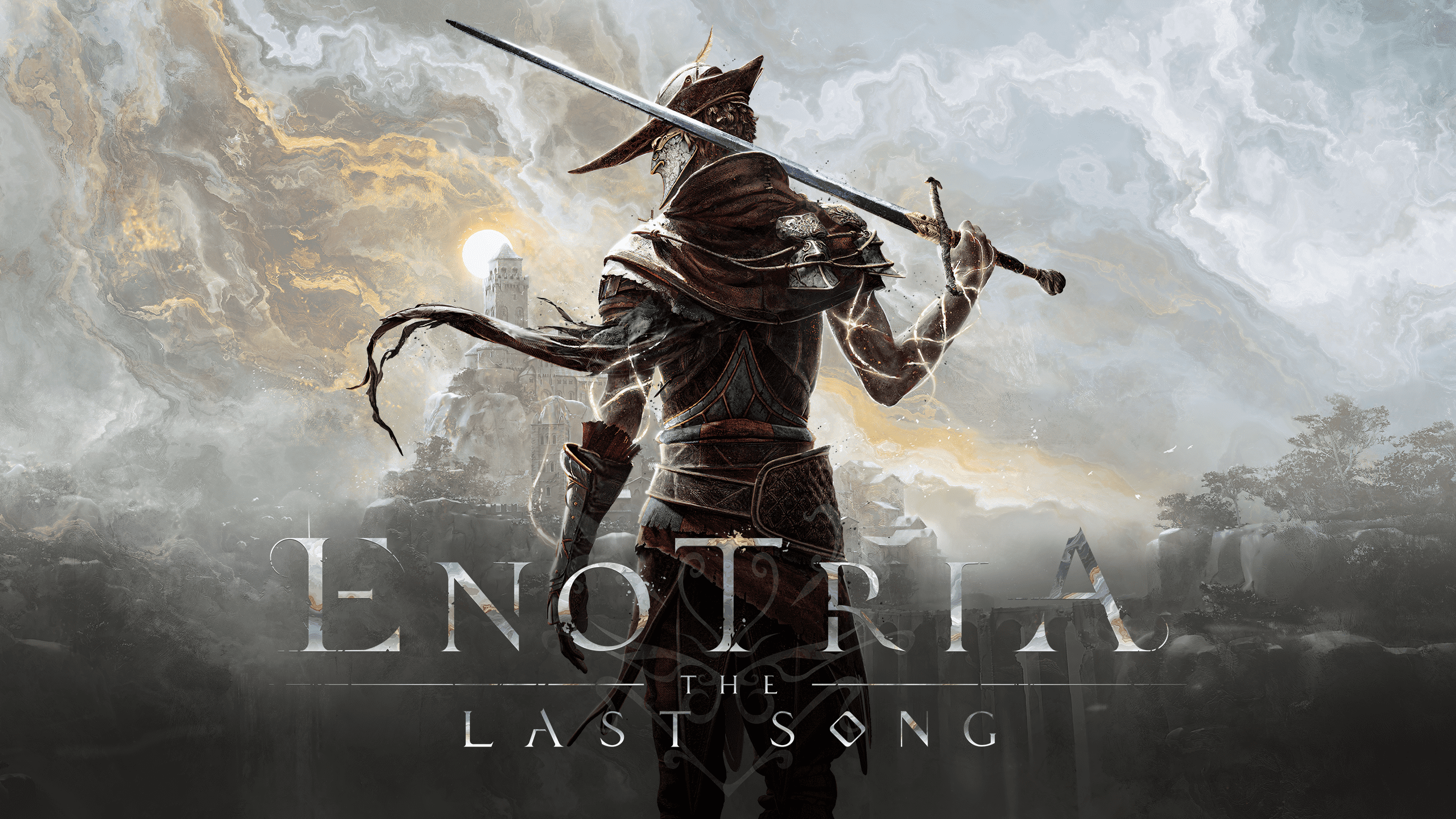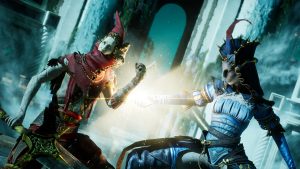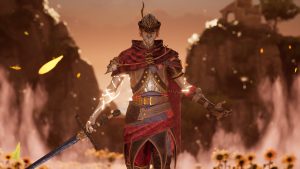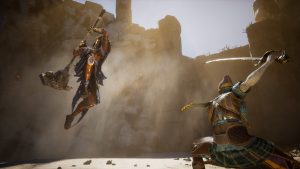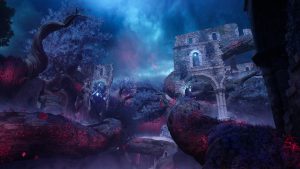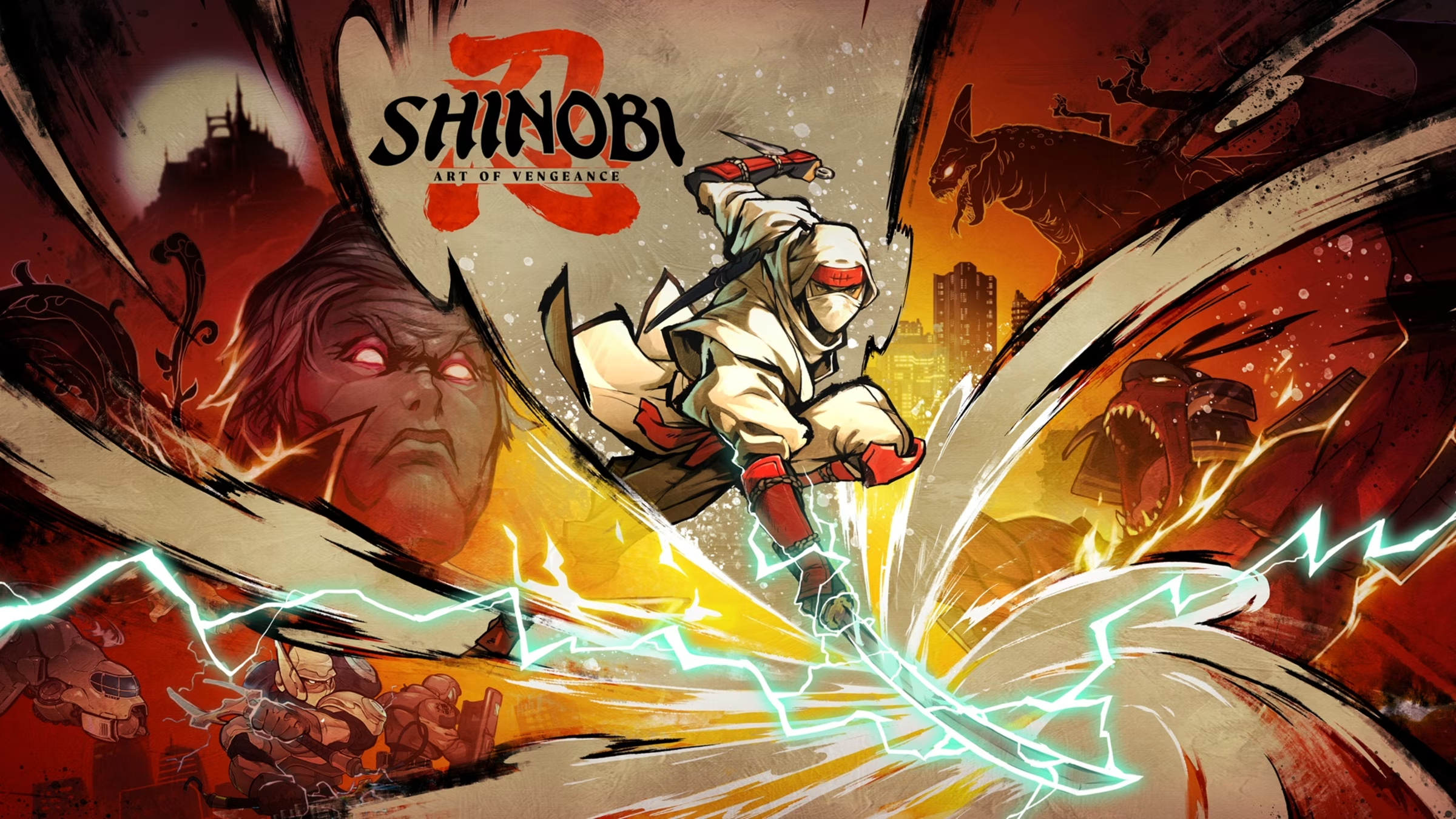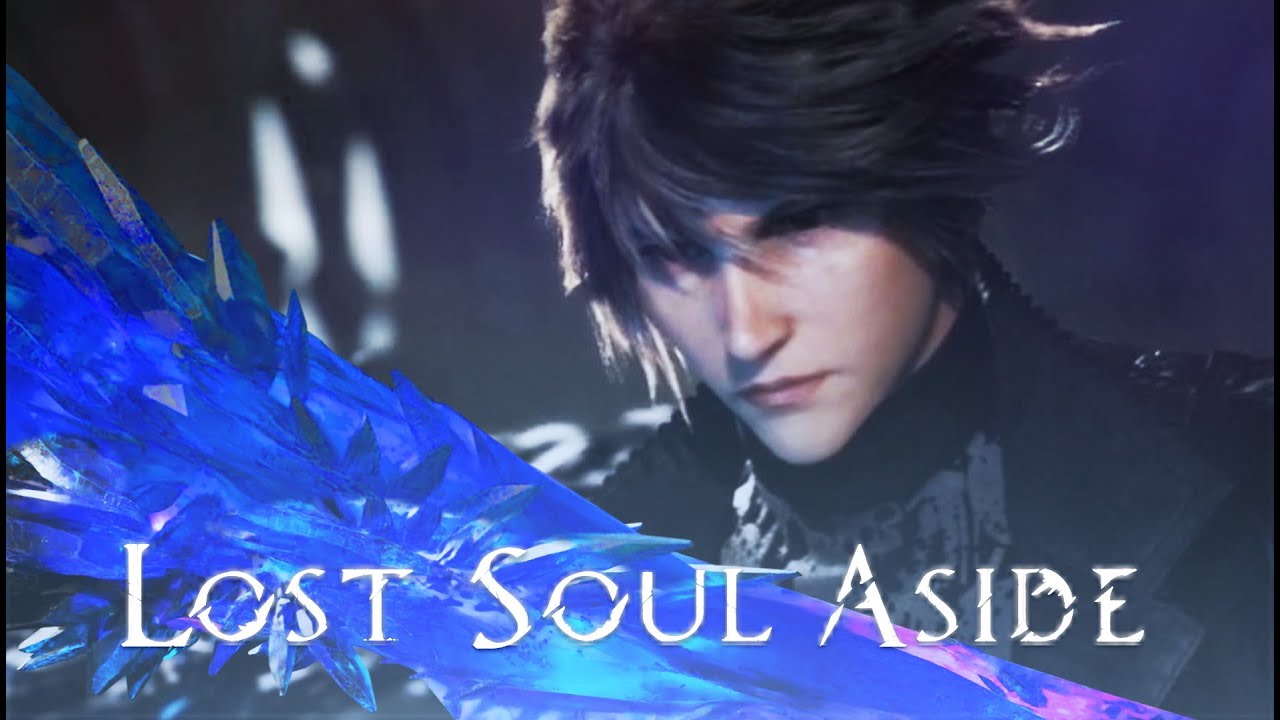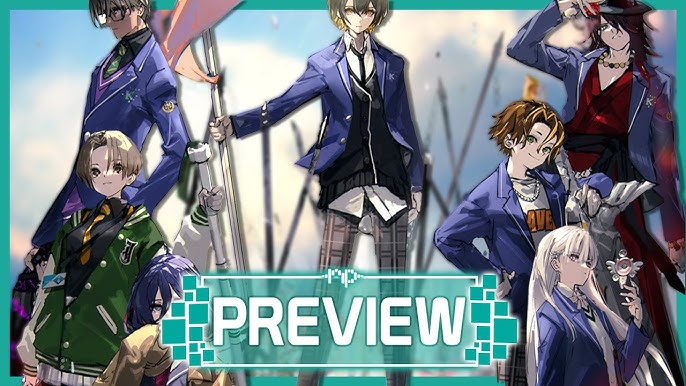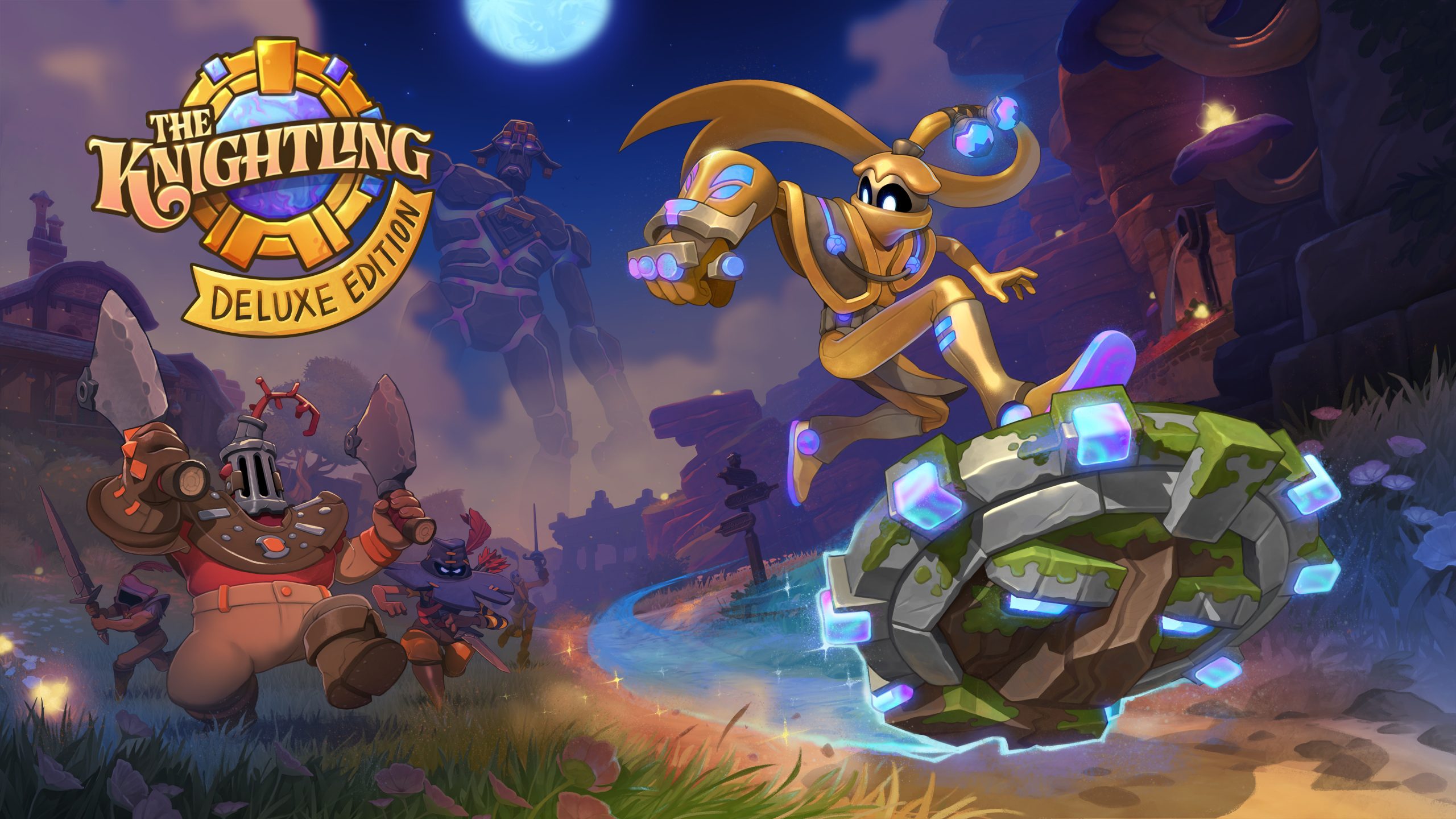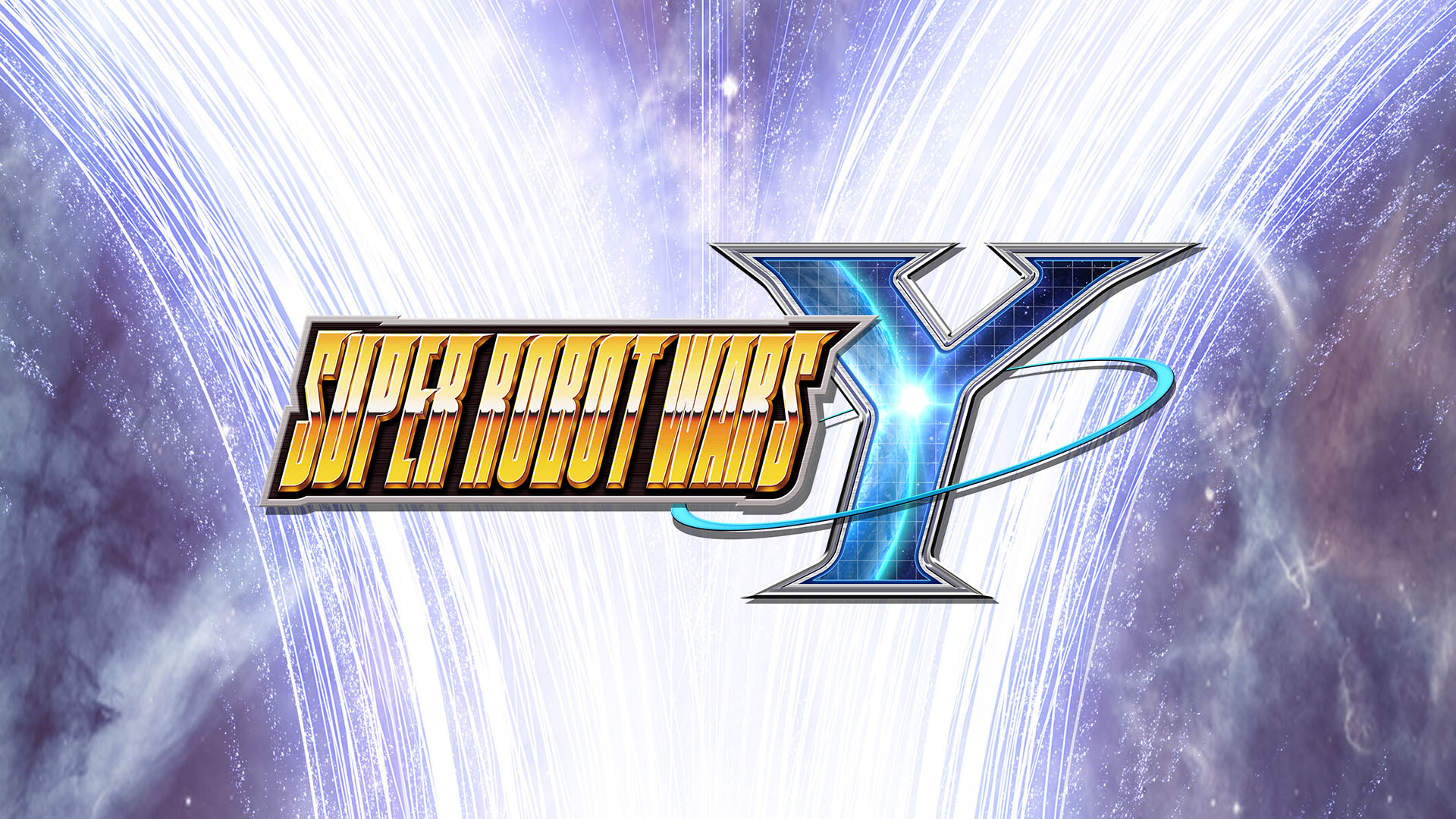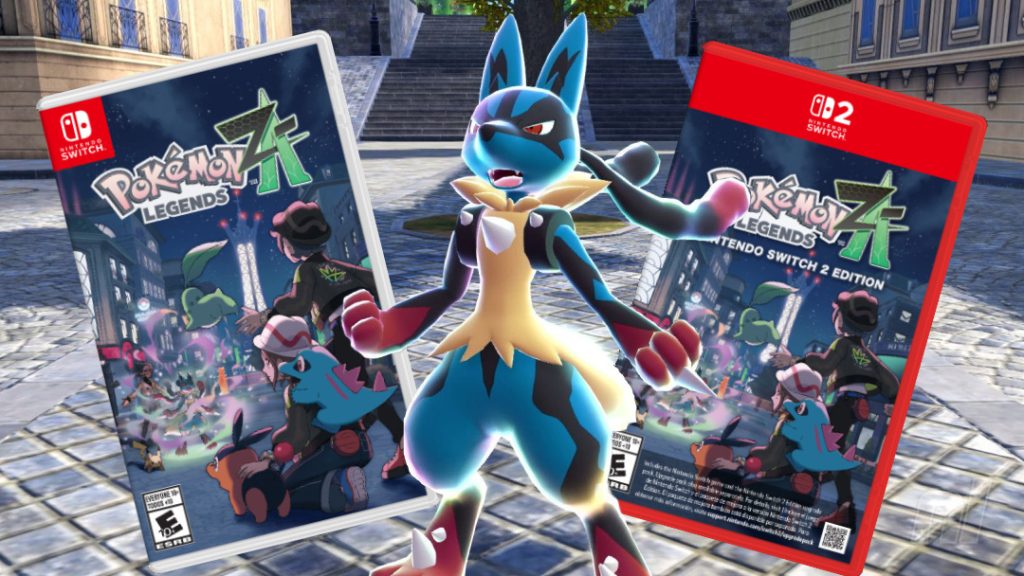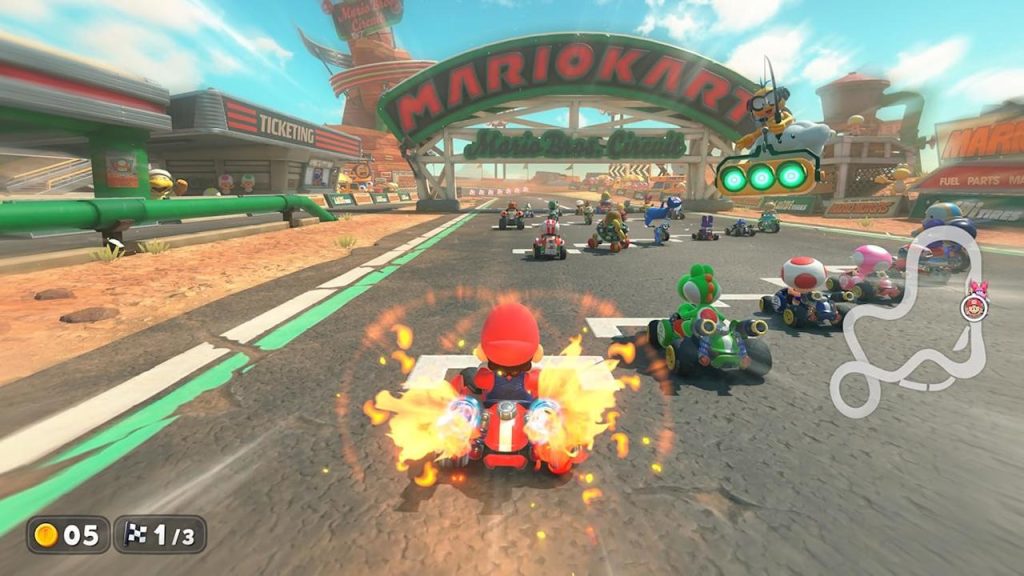Enotria: The Last Song – Game Review
Enotria: The Last Song is an upcoming action-adventure RPG set in a vividly colorful and mythologically inspired world. Developed by Jyamma Games, the game has been making waves due to its innovative mechanics, striking art direction, and promising world-building. Slated for release on multiple platforms, including PlayStation, Xbox, and PC, Enotria is positioned as a narrative-rich RPG that draws heavy influence from Italian folklore, combining that with deep, Soulslike combat mechanics.
Here’s an in-depth look at the game based on early impressions and previews.
Story and Setting
Enotria is set in a land inspired by Southern Italian culture and mythology, where players embark on a quest to restore the world from an oppressive curse known as “the Illusion.” This curse has trapped the people and environments in a state of eternal, unchanging stasis. The world itself, bursting with vibrant colors and lively details, is frozen in time, and it’s up to the protagonist to break the curse by awakening the “true reality.”
The narrative is driven by a deep connection to Italian myths and folklore, featuring spirits, magical entities, and historical influences. The protagonist wields the power of light and truth, using it to defeat enemies that are sustained by illusion and falsehood. The story’s themes of breaking illusions and uncovering truth are reflective of a world layered with hidden meanings, and the game presents this concept visually and mechanically.
From its early impressions, the world-building is rich and full of lore, with NPCs, locations, and enemies all contributing to the overarching story. The game balances dark, mythological elements with a sense of wonder, creating a unique tone that sets it apart from other action RPGs.
Gameplay and Mechanics
At its core, Enotria: The Last Song is a Soulslike game, drawing heavy inspiration from titles like Dark Souls and Elden Ring, but with a distinctly Mediterranean twist. Combat is methodical, with an emphasis on timing, dodging, and skillful use of the environment. Players are encouraged to carefully manage their stamina and resources, while adapting to various enemy types that require different strategies to defeat.
Key Gameplay Features:
- The Power of Truth:
One of the game’s defining mechanics is the ability to dispel illusions in the world. This power allows players to uncover hidden paths, reveal secret enemies, or change the environment. It’s not just a tool for exploration, but also integrated into combat. Certain enemies, for instance, can only be defeated by breaking their illusionary forms, forcing players to use the protagonist’s truth-wielding abilities strategically. - Challenging Combat:
Enotria’s combat borrows the slow-paced, methodical approach seen in Soulslike games. Players must study their enemies’ patterns, dodge and parry attacks, and strike at the opportune moment. From early impressions, the combat feels weighty, with each swing and dodge carrying significance. There’s also a focus on skill and precision, rewarding players who learn from their mistakes. - Exploration:
The world of Enotria is full of hidden secrets and lore. As players traverse towns, forests, and ruins, they’ll be able to dispel illusions to uncover new areas, solve environmental puzzles, and reveal treasures. The exploration is non-linear, encouraging players to roam freely and revisit areas once they’ve gained new abilities. - Customization and Progression:
Players can customize their character’s abilities and playstyle through a mix of equipment, skill trees, and item crafting. Weapons and armor can be modified, and players can unlock new abilities that change the way they approach combat and exploration. The progression system looks to offer a blend of stat-based improvements and skill-based growth, rewarding both practice and player choice. - Enemy Design:
The enemies in Enotria are often inspired by Italian folklore and mythology. From ethereal spirits to grotesque beasts, each enemy type presents a unique challenge. Many enemies are also tied to the illusion mechanic, requiring players to expose their true forms before being able to deal any damage. This adds a layer of complexity to combat, as players must juggle between breaking illusions and defending themselves.
Graphics and Presentation
Enotria stands out visually, combining the oppressive, melancholic atmosphere typical of Soulslike games with bright, Mediterranean-inspired aesthetics. The environments are lush with detail, from sun-soaked vineyards and olive groves to ancient ruins and bustling, colorful towns. The color palette is rich, using a mix of warm, inviting tones to create a world that feels vibrant yet eerie due to the curse that looms over it.
The game’s presentation emphasizes the contrast between illusion and reality. When dispelling illusions, the environment often shifts dramatically, adding an otherworldly feel to the otherwise grounded and historical settings. Character and enemy designs are equally detailed, with distinct visual cues that make each enemy type immediately recognizable.
Animations are smooth, especially during combat, where every swing of a sword or roll feels deliberate and weighty. The lighting system, crucial to the illusion-breaking mechanic, is beautifully implemented, helping to make the game world feel dynamic and alive.
Sound and Music
The soundtrack of Enotria draws inspiration from Italian classical music and traditional Mediterranean folk tunes. The music complements the game’s visual themes, blending uplifting, vibrant melodies with darker, more atmospheric tones during combat or exploration. Early impressions suggest that the music adapts to the player’s actions, becoming more intense during battles and shifting to a more subdued ambiance during exploration.
Sound effects in combat are impactful, with heavy thuds for strikes, sharp clangs for weapon blocks, and atmospheric sounds that enhance immersion. The voice acting is expected to be fully localized, adding authenticity to the game’s world, with NPCs speaking in accents that reflect the game’s Italian inspiration.
Replayability and Challenge
Enotria: The Last Song promises a high level of replayability thanks to its challenging combat, hidden secrets, and multiple paths of progression. Like other Soulslike games, players are likely to find new ways to approach encounters with each playthrough, experimenting with different builds and strategies.
The difficulty curve is expected to be punishing but fair, in line with other games in the genre. Players will be rewarded for their patience and skill, with the satisfaction of overcoming tough enemies and discovering hidden areas being a key motivator.
Potential Weaknesses
While Enotria: The Last Song looks promising, there are a few potential concerns based on early impressions:
- Steep Learning Curve:
As with most Soulslike games, Enotria may be intimidating for new players unfamiliar with the genre. The combat’s methodical pace and difficulty could be a barrier for those who prefer faster or more forgiving gameplay experiences. - Innovation in Combat:
While the illusion mechanic adds a unique twist, the core combat follows the traditional Soulslike formula. For players who are familiar with or tired of the genre, Enotria may not offer enough innovation in terms of combat mechanics to stand out from similar titles. - Story Execution:
With its rich world-building and unique setting, Enotria sets up high expectations for storytelling. If the narrative elements are not well-executed or lack depth, the game might feel underwhelming in terms of its plot, especially given its thematic focus on breaking illusions and uncovering truth.
Conclusion
Enotria: The Last Song is shaping up to be an exciting addition to the action RPG and Soulslike genre, with its vivid Mediterranean-inspired world, deep lore, and challenging combat. The illusion mechanic offers a fresh twist on exploration and puzzle-solving, while the atmospheric visuals and detailed environments help the game stand out aesthetically.
While there are concerns about its accessibility to newcomers and how much it can innovate within the well-established Soulslike formula, the game’s potential to tell a rich, mythologically inspired story makes it a title to watch for fans of action RPGs and lovers of challenging, lore-rich worlds.
Anticipated Score: 8.5/10 (Pending Full Release)
System Requirements
Minimum:
Requires a 64-bit processor and operating system
OS: 64-Bit Windows 10
Processor: Intel Core i5-6600 (3.3Ghz) or AMD Ryzen 5 1400 (3.2Ghz)
Memory: 16 GB RAM
Graphics: NVIDIA GeForce GTX 1080 6GB or AMD Radeon RX 580 8GB
DirectX: Version 12
Storage: 50 GB available space
Additional Notes: 720p/30 fps, Low Quality Settings
Recommended:
Requires a 64-bit processor and operating system
OS: 64-Bit Windows 10
Processor: Intel Core i7-8700 (3.2Ghz) or AMD Ryzen 5 3600 (3.6 Ghz)
Memory: 16 GB RAM
Graphics: NVIDIA GeForce 2080 or AMD Radeon RX 7600 XT or INTEL Arc A770
DirectX: Version 12
Storage: 50 GB available space
Additional Notes: 1080p/60 fps, High Quality Settings